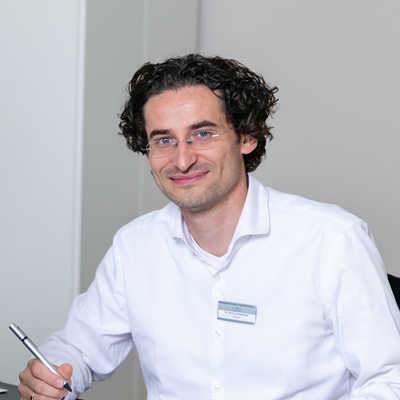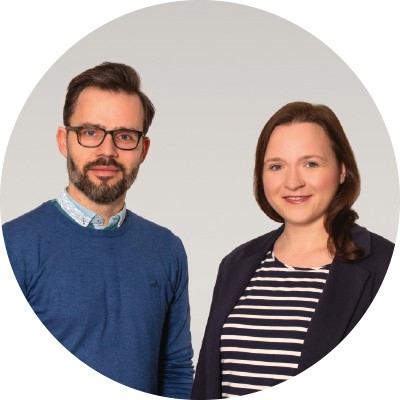Private clinic for chronic pain
When chronic pain becomes a medical condition in its own right
Pain is undoubtedly an unpleasant sensory and emotional experience. Still, it is necessary because it takes over the organism’s biological warning system in the event of physical injury or dysfunction and has a rehabilitative effect by forcing the affected region of the body to rest. As such acute pain is often of short duration, is easily localized, and is causally treatable.
However, if the pain lasts longer, if it loses the connection between cause and sensation, or if this connection cannot be established even at the beginning, it may have to be assumed to be an independent disease pattern: somatoform disorders, characterized by chronic pain that is distressing and destructive – life-defining. It is estimated that 15% of the population suffers from such a disorder. Often depressive moods or anxiety occur in the course of this. Those affected are severely restricted in their daily lives by the symptoms and perceive a reduced quality of life.
Arrange a no-obligation consultation with our experts now at +49 3996 140490.
Symptoms of chronic pain
Chronic pain can manifest itself in very different ways. Affected persons may experience a general feeling of discomfort or even a complete restriction of movement. In most cases, chronic pain results in a general change in behavior, for example, in the form of a protective posture, which severely impairs the affected person’s everyday life and quality of life. The following forms of pain are among the most common chronic pains:
- Back pain
- Headache/migraine
- Joint pain
- Muscle pain
Consequences of chronic pain
People with such a pain disorder do not infrequently go through an excessive journey through several doctor visits in search of a somatic finding. Often, this hunt for results that certify the integrity of the pain is not crowned with success. However, even without abnormal laboratory findings or x-rays, there is no doubt that the pain is real. This can have other consequences in addition to the pain itself:
- Depressive moods
- Increasing pain/increasing negative affective evaluation of pain
- Decreasing pain tolerance
- Withdrawal from social environment
- Sleep disturbances
Causes of chronic pain
If a physical illness results in pain that lasts longer than three to six months and therefore becomes entrenched over months or even years, chronic pain develops. By this time, this persistent pain has long since developed its own dynamics without any actual warning function for the body. Pain is more than the physiological correlate of tissue damage. It presupposes consciousness and attention and is thus never free of affective influence. It is an overall psychophysical event, with biological (e.g., genetically determined increased excitability of the nervous system), psychological (e.g., emotions, cognitions, expectations & attitudes, coping strategies), and social (e.g., social networks, living conditions) factors influencing and mutually reinforcing each other.

